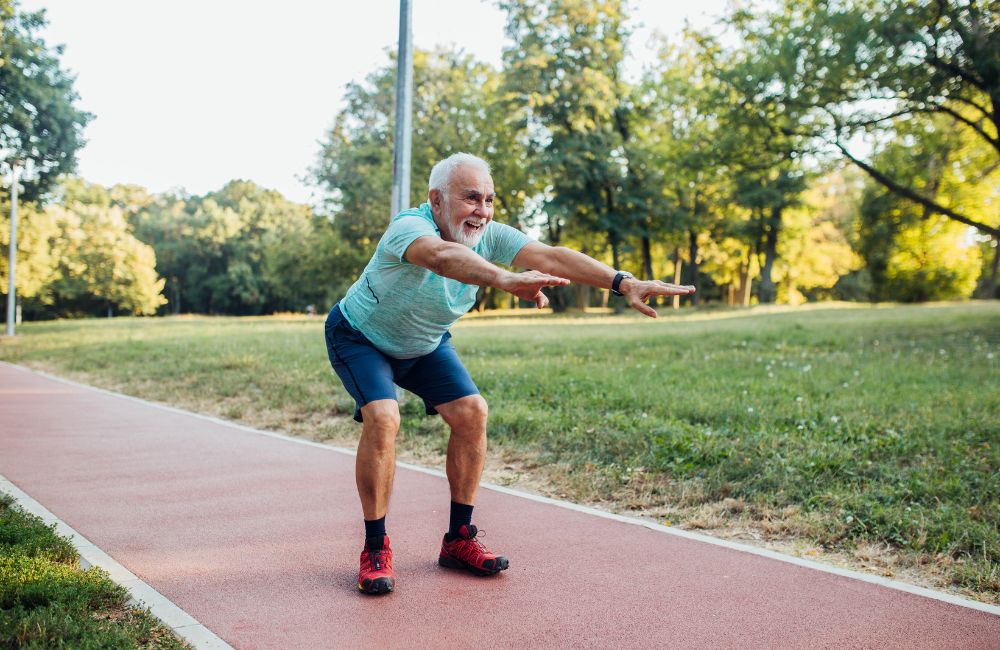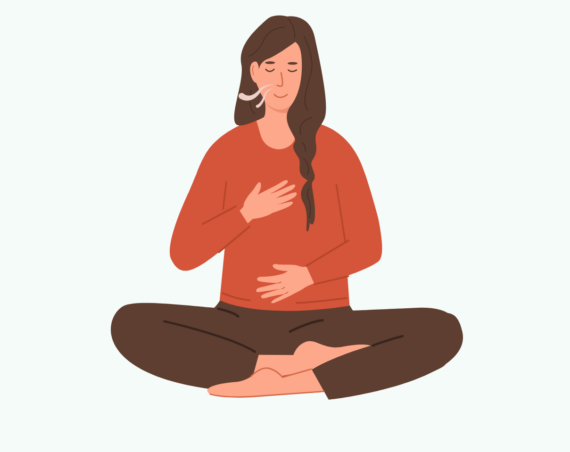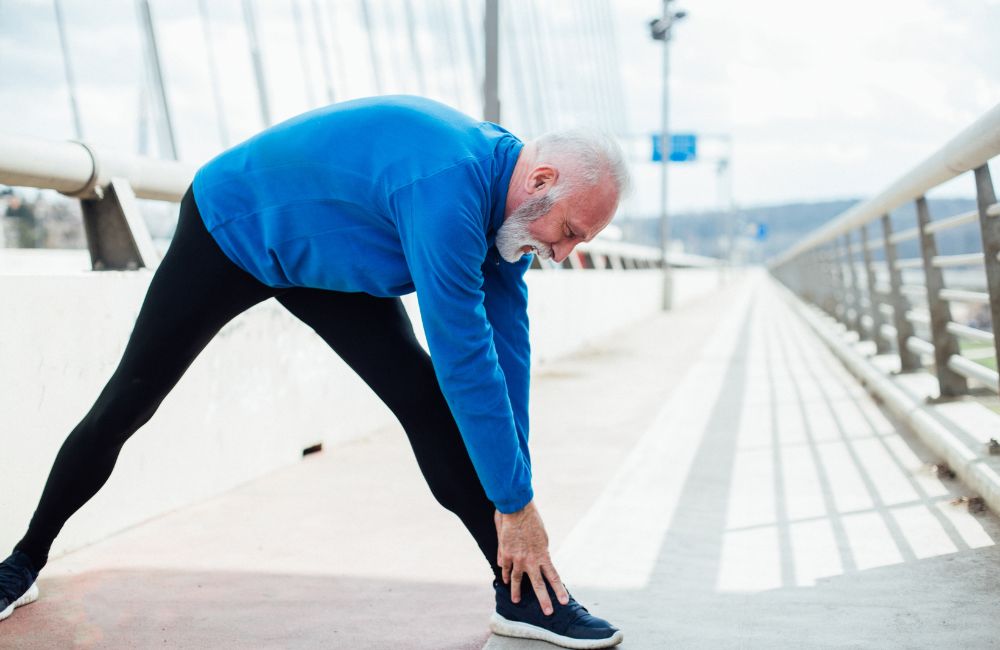
1 in 3 seniors dies with Alzheimer’s or another form of dementia. Deaths from Alzheimer’s have more than doubled between 2000 and 2019.
For this reason, we have poured tons of money and effort into research on this disease. But for all the research we’ve done, we still have yet to develop an effective treatment for dementia.
Interestingly, it seems as though exercise may improve and even prevent the symptoms of dementia.
In this article, we will take a look at the relationship between exercise and memory loss.
Also, check out:
This Obscure Food Drastically Improves Memory, According to a New Study
The Scary Link Between Brushing Your Teeth And Alzheimer’s Disease
The Brain-Body Connection

There’s no doubt about it: the nervous system and the rest of the body are intimately connected. While we often talk about these two systems in isolation, there are important connections between the two.
For example, physical activity has been shown to improve cognition. Furthermore, exercise seems to have a beneficial effect in relation to dementia symptoms. This is especially true when it comes to high-intensity workouts.
Unfortunately, most older adults can not safely participate in high-intensity (HIIT) exercise. These types of workouts put tremendous stress on all systems of the body. Therefore, older, untrained adults may not be able to effectively exercise in this way.
But there are other forms of exercise that can benefit older adults without putting too much stress on their bodies. For example, squats are a phenomenal movement for older adults who want to avoid developing dementia.
Squats and Cognitive Health

Squats are a terrific exercise for many reasons. For one thing, they use tons of muscles and force the heart to pump blood throughout the body.
In this way, a set of squats, followed by a rest break, in this alternating manner, can be viewed as a “mini” HIIT workout. Fascinatingly, the University of South Wales is working on research pertaining to this very topic.
It’s unclear exactly why, but high-intensity exercise seems to produce protective neurochemicals. These chemicals serve to keep the brain healthy throughout all stages of life.
So, high-intensity work may be one of the best tools for fighting off dementia. For older people, who can’t sprint or participate in HIIT classes, squats can provide a similar beneficial effect on the brain.
Progressing and Regressing Squats
Once you’ve been doing bodyweight squats for a few weeks, you may start to find them way too easy. Therefore, you’ll want to progress the movement to make it harder. This can be accomplished by holding dumbbells or other heavy objects.
In order to make squats easier, you can perform a “sit-to-stand”. This is an exercise where you squat down onto a chair, then stand up in an alternating manner.
More Benefits of Squats
The cognitive benefits of squats are numerous. However, there are also many physical benefits.
Squats can improve all of the following:
- Cardiovascular endurance.
- Muscular endurance.
- Muscular strength.
- Lower body joint mobility.
- Lung health.
- Functional mobility.
- Independence.
Naturally, there are many other benefits to squatting as well, not listed here. This exercise is truly one of the best you can do!
The Main Takeaway
Dementia is a serious health concern of the 21st century. We have not developed any effective medications for the condition. However, we have found that exercise, especially high-intensity exercise, can improve brain health.
Therefore, younger people can benefit from the protective effects of HIIT, sprints, and other similar forms of exercise.
Older people, on the other hand, may need a simpler solution. Squats could potentially offer similar benefits as HIIT training, without any excess strain on the body.
To be fair, the neurological benefits aren’t definitively proven. That being said, squats can definitely improve physical health. If you’re looking for ways to improve your health, try some squats today!
Works Cited
- Carvalho, J., Borges-Machado, F., Barros, D., Sampaio, A., Marques-Aleixo, I., Bohn, L., Pizarro, A., Teixeira, L., Magalhães, J., & Ribeiro, Ó. (2021). “Body & Brain”: effects of a multicomponent exercise intervention on physical and cognitive function of adults with dementia – study protocol for a quasi-experimental controlled trial. BMC geriatrics, 21(1), 156. https://doi.org/10.1186/s12877-021-02104-1
- Ahlskog, J. E., Geda, Y. E., Graff-Radford, N. R., & Petersen, R. C. (2011). Physical exercise as a preventive or disease-modifying treatment of dementia and brain aging. Mayo Clinic Proceedings, 86(9), 876–884. https://doi.org/10.4065/mcp.2011.0252


